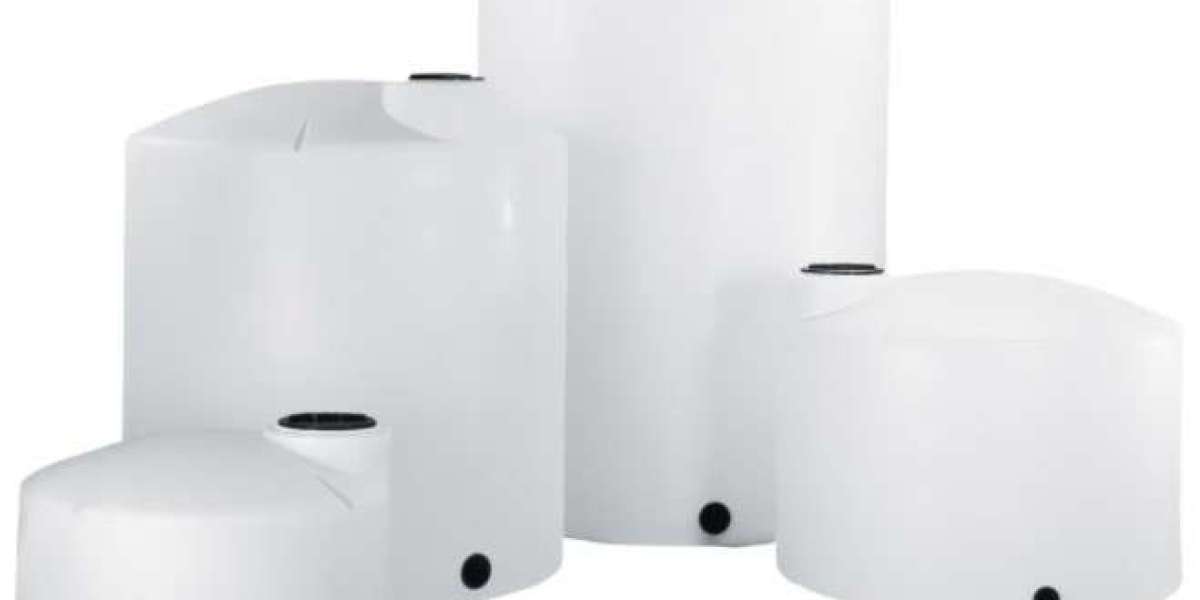Why Plastic Septic Tanks are a Smart Choice:
Septic systems are crucial for treating and disposing of wastewater, particularly in rural or off-grid areas where a municipal sewer system is unavailable. Traditionally, septic tanks were constructed from concrete or steel, but plastic septic tanks have emerged as a highly effective and reliable alternative. One of the primary advantages of plastic septic tanks is their resistance to corrosion and rust, which ensures long-lasting performance in even the harshest environments.
Plastic septic tanks are lightweight compared to their concrete counterparts, making them easier to transport and install. This can result in significant cost savings, as the installation process requires less heavy equipment and labor. In addition, their lightweight nature allows them to be installed in locations that may be inaccessible to heavier equipment, offering greater flexibility in terms of placement.
Another key benefit of plastic septic tanks is their watertight design, which helps prevent leaks and groundwater contamination. Plastic tanks are molded in one piece, eliminating seams and joints that are common in other tank types and which can become vulnerable to leaks over time. This characteristic not only ensures environmental safety but also reduces the need for costly repairs and maintenance down the road.
Vertical Water Tanks: Maximizing Water Storage Efficiency
When it comes to water storage solutions, vertical water tank offer a space-saving and efficient way to store large volumes of water. These tanks are typically used for storing potable water, rainwater, or other liquids that may be needed for domestic, agricultural, or industrial purposes. Vertical water tanks are designed with a smaller footprint compared to horizontal tanks, making them ideal for properties with limited space.
One of the most significant advantages of vertical water tanks is their ability to store a substantial amount of water without taking up too much ground area. By utilizing the height of the tank, vertical water tanks make efficient use of space, which is particularly important in urban settings or areas with limited available land. The vertical design also helps create pressure from the stored water due to gravity, which can be beneficial in situations where water needs to be distributed without the use of a pump.
Made from durable plastic materials, vertical water tanks are resistant to corrosion, UV rays, and environmental wear, ensuring a long lifespan. Additionally, they are much lighter than traditional metal tanks, making transportation and installation far easier and more cost-effective. Plastic vertical water tanks are also low maintenance, requiring only occasional cleaning to keep them in optimal condition.
Sustainability and Environmental Impact:
Both plastic septic tanks and vertical water tanks contribute to sustainable practices, particularly when it comes to conserving water and ensuring environmentally friendly waste management. The watertight seal of plastic septic tanks helps prevent groundwater contamination, protecting natural water sources from harmful bacteria and pollutants. This feature is particularly important in areas with a high water table, where leakage from septic systems can have devastating effects on the environment.
Similarly, vertical water tanks are often used in rainwater harvesting systems, which are a sustainable way to collect and store water for later use. By capturing rainwater and storing it in a vertical water tank, homeowners and businesses can reduce their reliance on municipal water supplies and lower their overall water consumption. This practice not only conserves water but also reduces water bills and alleviates pressure on local water systems, particularly during droughts or periods of low rainfall.
Conclusion:
Plastic septic tanks and vertical water tanks are efficient, durable, and cost-effective solutions for both waste management and water storage. Their lightweight design, resistance to corrosion, and ease of installation make them ideal for a variety of applications, whether in rural homes, urban properties, or commercial enterprises. As more people and businesses look for ways to improve sustainability and environmental practices, plastic septic tanks and vertical water tanks continue to offer reliable, eco-friendly options that meet the needs of modern infrastructure. Whether you're looking to upgrade your septic system or enhance your water storage capabilities, these tanks provide versatile solutions that are built to last.


